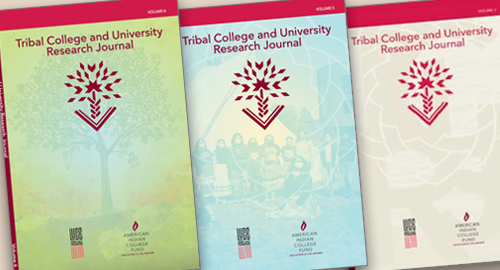Between July 15 and August 2, Leech Lake Tribal College held a Community Birch Bark Canoe Building Project. Community members created a 16-foot, late 1800s traditional wiigwaasi-jiimaan (birch bark canoe) from start to finish with Ojibwe language being taught and used throughout the process. See more photos (and like their page) on Facebook.com
Here is the story published in their Summer 2013 Wiindamaage (pronounced ween-duh-mah-gay) newsletter.
For some participants it is a science project, while some see it as a work of art, and others as a living history lesson – and they are all correct. Jim Jones, a member of the Leech Lake Band of Ojibwe, is leading a month-long project to teach people about the art and science of building a wiigwaasi-jiimaan, the traditional birch bark canoe used by the Anishinaabeg for hundreds of years.
This activity is made possible by the voters of Minnesota through a grant from the Five Wings Arts Council, thanks to a legislative appropriation from the Arts and Cultural Heritage Fund, in conjunction with the Leech Lake Tribal College community education program.
Work began in mid-July, as Jones led the group to various areas on the reservation where the necessary birch bark, spruce roots, and cedar timber can be harvested. Temperatures that soared past 90 degrees and Minnesota’s ever-present deer flies gave participants a taste of some of the challenges that come with building a canoe in the old way.
With the raw materials in hand, the group set up shop on the LLTC campus and learned how to properly handle the birch bark to keep it from curling or splitting; how to treat the roots that are used for lacing the canoe in order to keep them soft and pliable, and how to split and finish the cedar logs that become the ribs and wales of the canoe. In addition to being a talented craftsman, Jones is a natural storyteller. His explanations of the canoe building process includes information on the mathematics and engineering behind the lightness and stability of the wiigwaasi-jiimaan, but also touch on the history and tradition of the craft as well as his own learning experiences. “This is the sixth canoe I’ve built, and every one is different,” says Jones. “When you’re working with all natural materials you don’t have perfect uniformity, but that’s also what gives each canoe it’s own character and identity.”
While a core group of about 10 workers has done the lion’s share of the work, nearly 150 people have participated in the project to date. Participants have ranged in age from preschool children all the way to elders in their 80s, and included local residents and tourists alike.
Once the canoe is completed, it will be feasted and formally given to Leech Lake Tribal College, where it will be kept. While it will add beauty to the LLTC campus, this will also be a functional work of art, and it will be used to harvest manoomin (wild rice. Each year LLTC has a class teaching people how to harvest rice and finish it in the old way. With the addition of this canoe, people will be able to participate in the entire ricing process in much the same way that it was done centuries ago, bringing art, science, and history together in perfect harmony.









